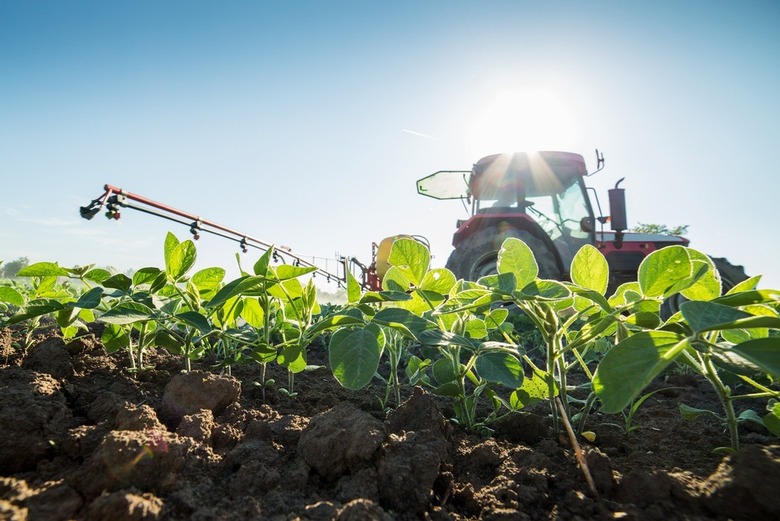European Food Safety Authority Says Glyphosate Herbicide Is Not Carcinogenic, Challenging World Health Organization
Glyphosate — the widely used herbicide most recognized as the active ingredient in Monsanto's Roundup product line — is "unlikely to pose a carcinogenic hazard to humans" and the level of consumption considered safe for humans could actually be raised, from .3 milligrams per kilogram of body weight to .5 milligrams, according to a new statement from the European Food Safety Authority.
The decision challenges the classification of glyphosate as a probable human carcinogen by the International Agency for Research on Cancer, the World Health Organization's specialized cancer division.
According to the EFSA, the disparity between its peer review of glyphosate's risk to humans comes from the fact that it reviewed only glyphosate alone, while the IARC also reviewed glyphosate-based formulas, which may pose their own carcinogenic dangers as they require the interaction of different chemicals, while the EFSA "is focused on the pure active substance."
Furthermore, "three of the five mice studies used by the EU peer review and three of the nine studies in rats were not assessed by IARC," meaning that the two agencies relied on different studies to form their conclusions. With one the exception of one expert, EFSA members found that glyphosate alone is not likely to cause cancer in humans, and should not be labeled as a carcinogen.
The decision was welcomed by the Glyphosate Task Force, which includes members of Monsanto's European arm, while others were less than impressed. Speaking to FoodNavigator, Peter Melchett, policy director of the UK-based Soil Association, cautioned that because glyphosate "is always used in combination with a range of other toxic chemicals," the findings did nothing but to "make it blindingly obvious that the WHO approach is right from the perspective of public safety, and that the EFSA approach simply serves the interests of the pesticide companies."
